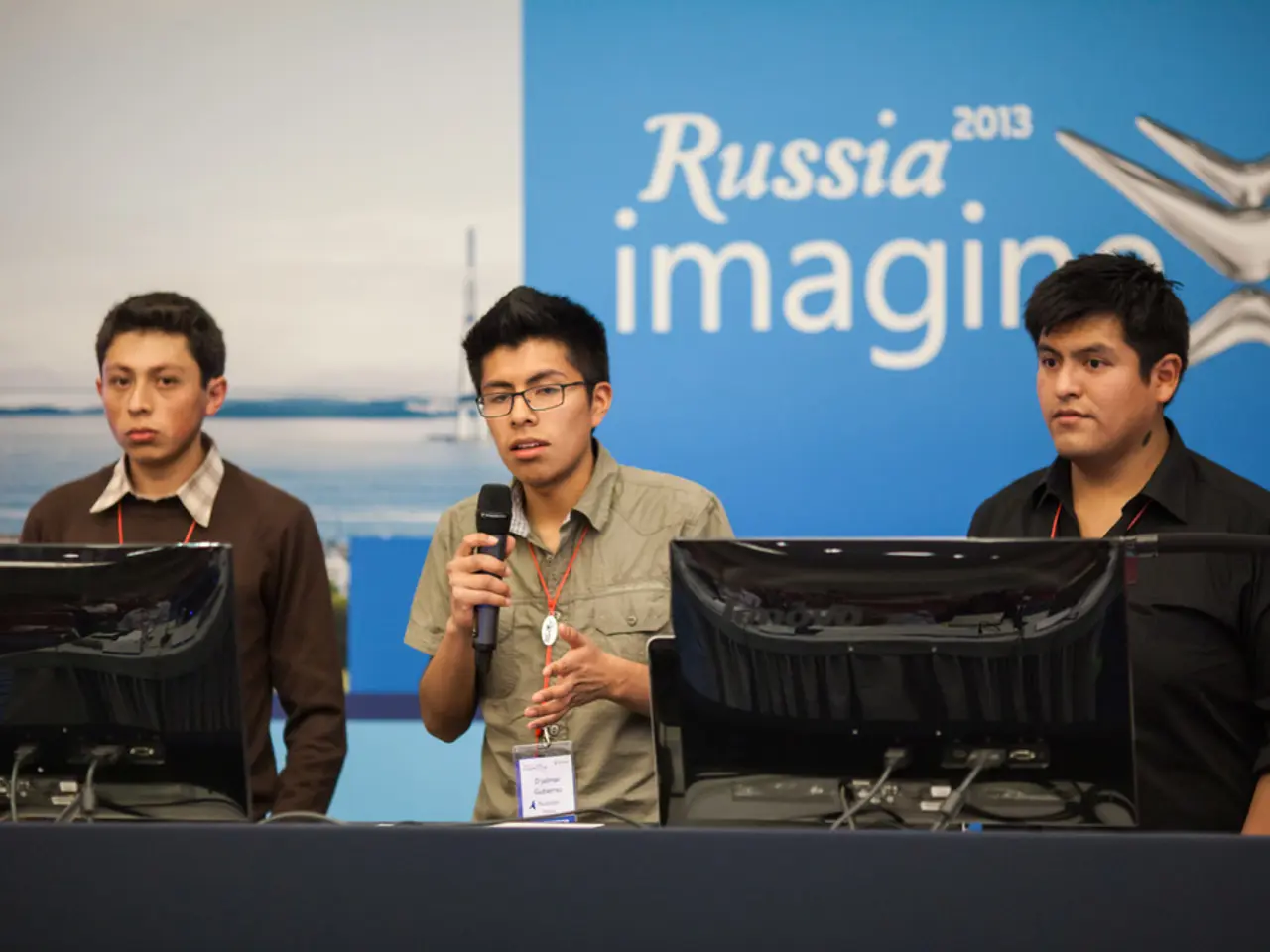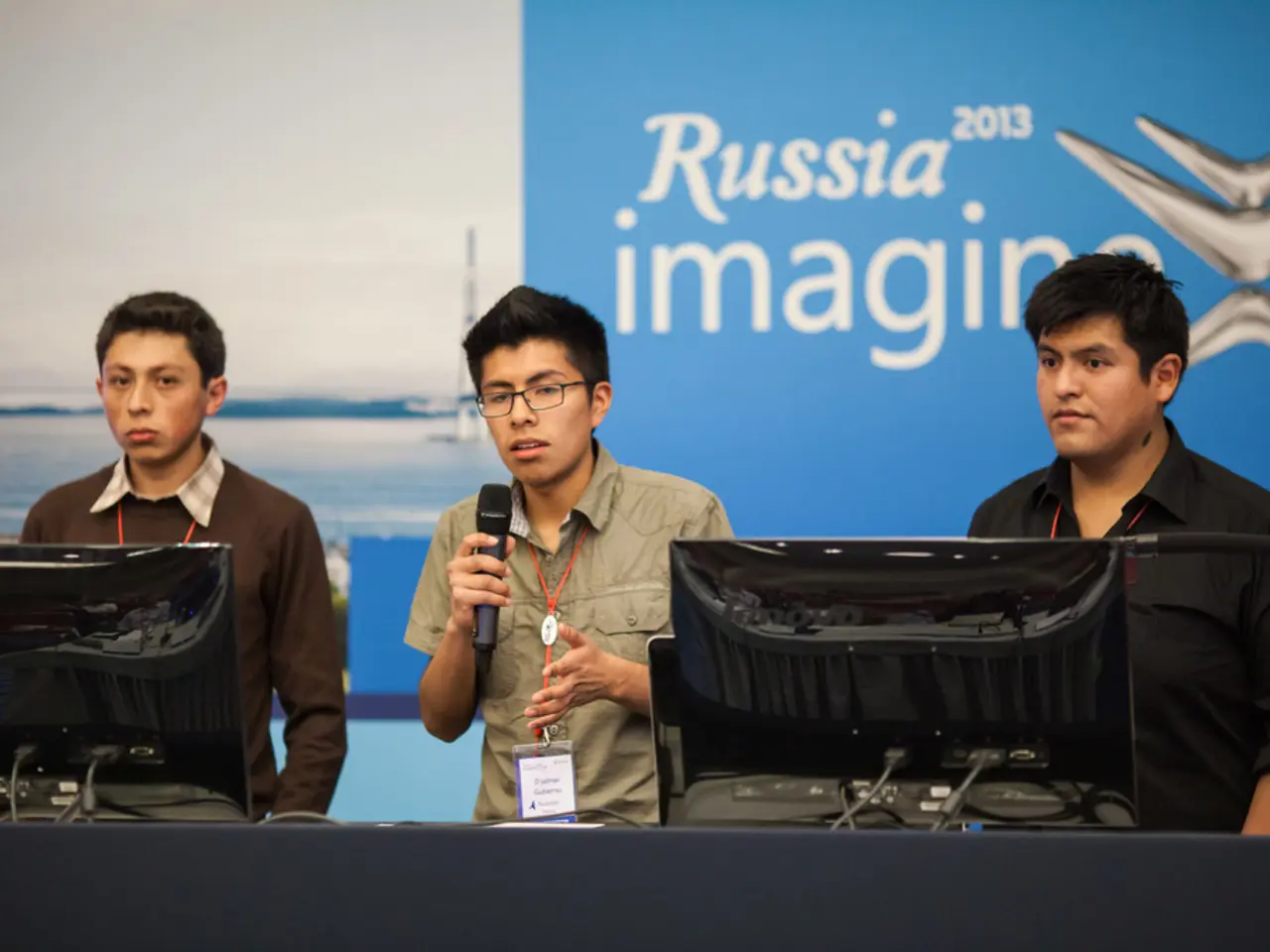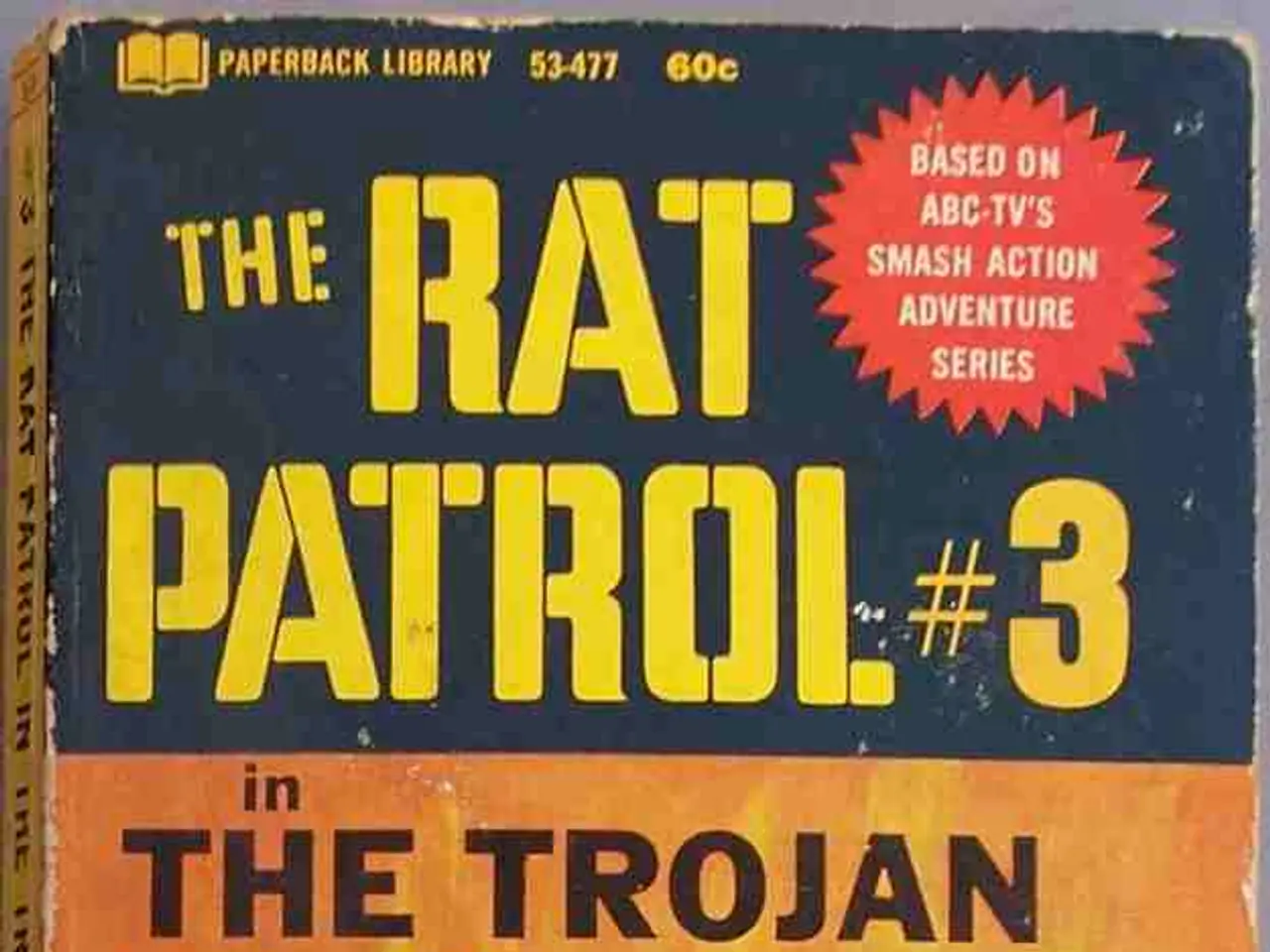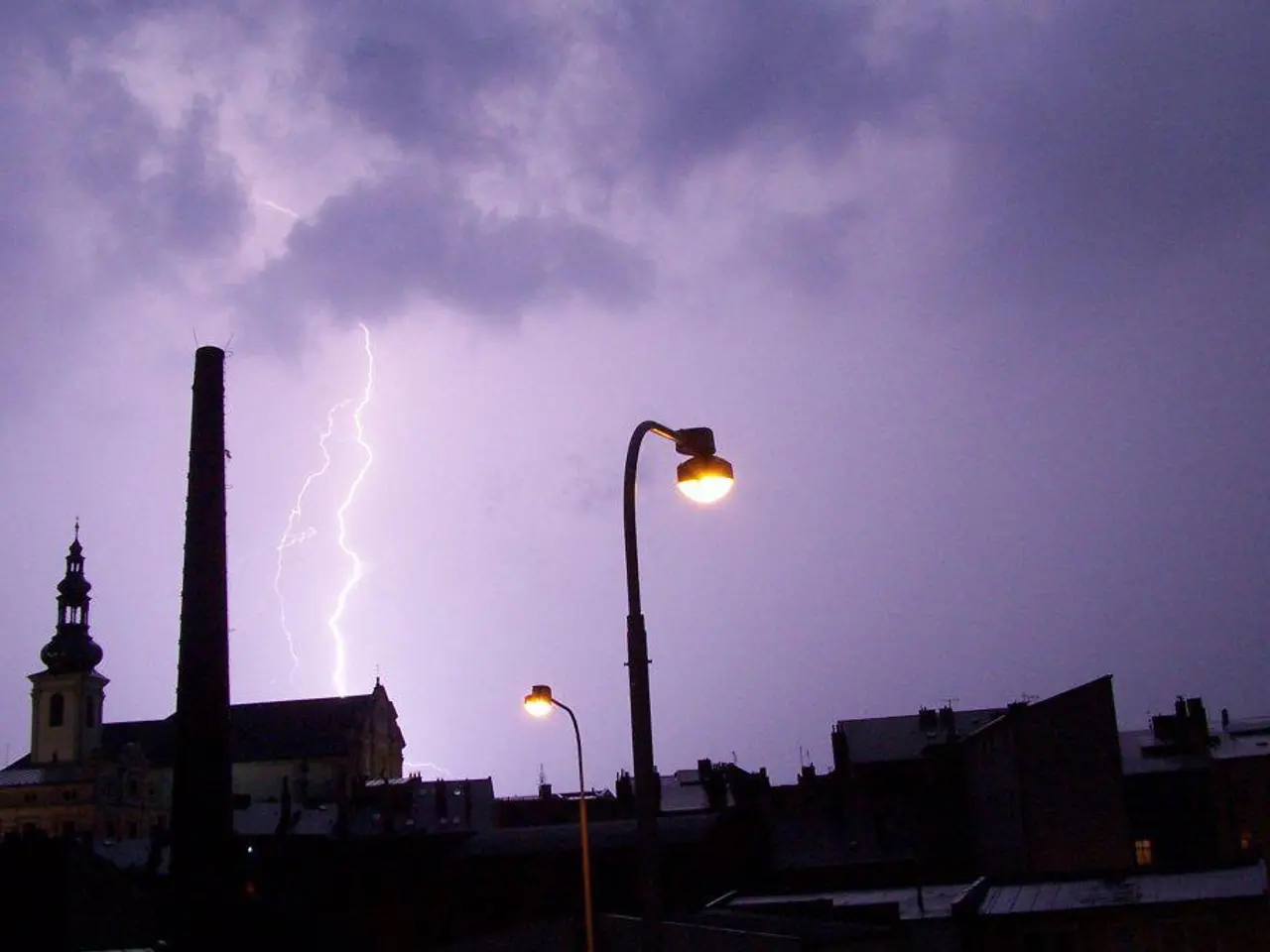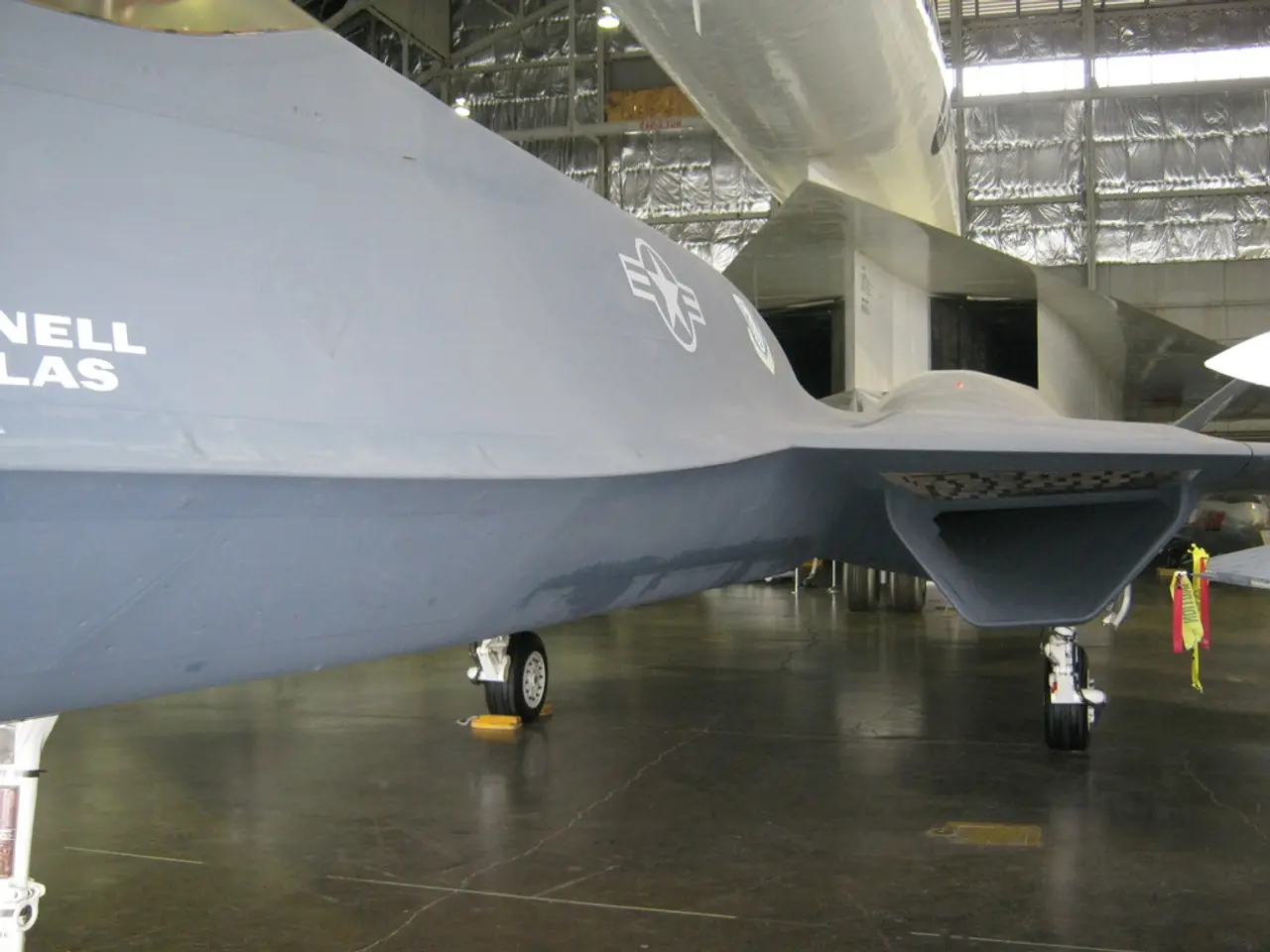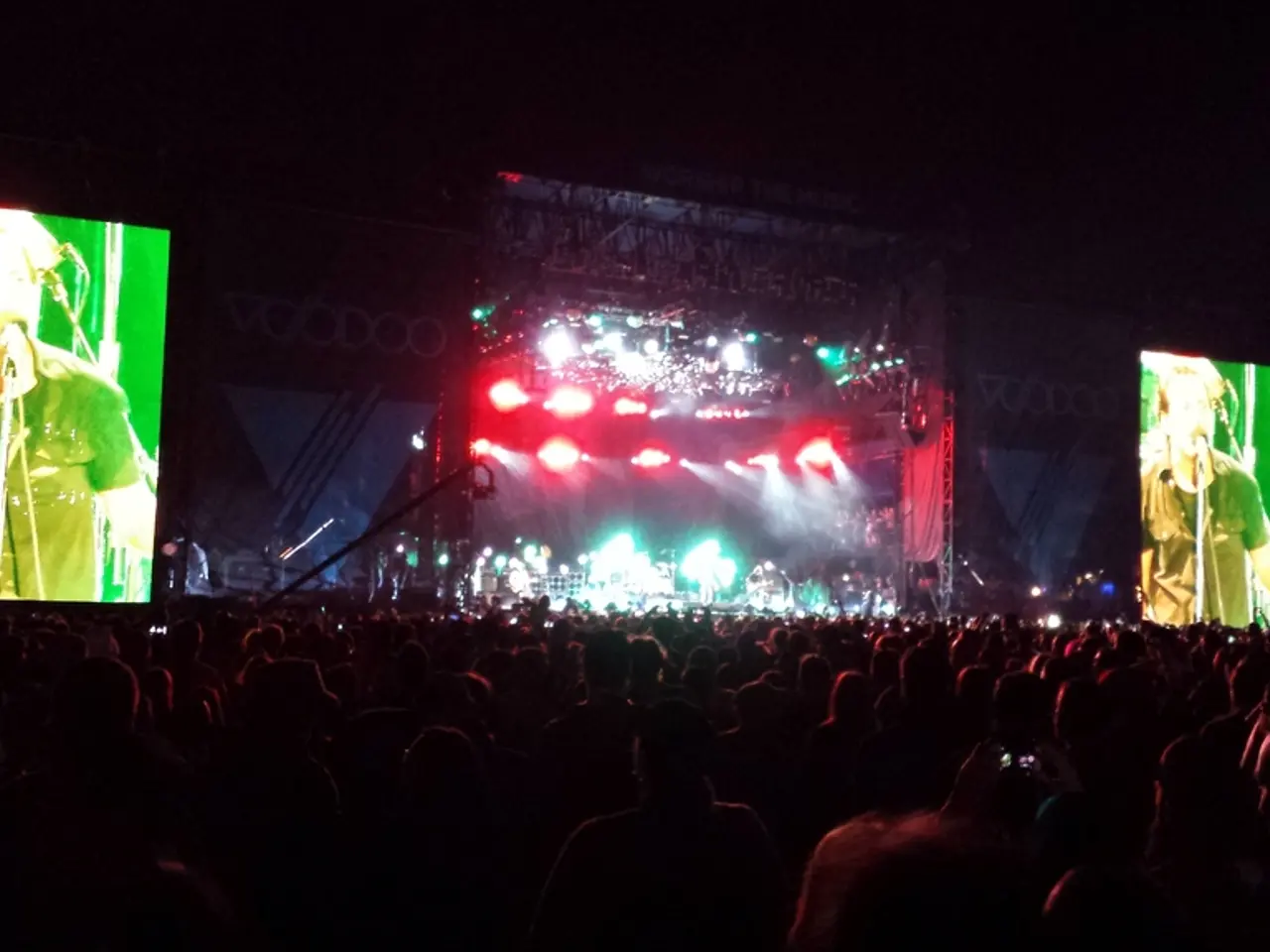Inquiry Revisited: Was Justice Overlooked in the Malegaon Bombing Incident?
The Malegaon bombing case, which took place in 2008, has become a regrettable example of how terror investigations can be manipulated and justice can be sidelined by electoral calculus. The case, marked by numerous political twists and turns, has left glaring questions unanswered.
The Maharashtra Anti-Terrorism Squad (ATS) initially took charge of the investigation, leading to the arrests of Sadhvi Pragya Singh Thakur and Lt Col Prasad Purohit, who were linked to the right-wing Hindu group Abhinav Bharat. However, the investigation soon became a political flashpoint, with the BJP accusing the ATS of acting at the behest of political masters.
The case was further entwined with the controversial narrative of "saffron terror" or "Hindu terror." The term, coined by the Congress and its allies, was used as a political weapon. Key prosecution witnesses turned hostile, undermining the case, and contradicting claims of conspiracy meetings that allegedly planned the blast.
Following the acquittal of all seven accused, including Lt. Col. Prasad Purohit and BJP MP Pragya Singh Thakur, the politically charged nature of the case was evident. The special National Investigation Agency (NIA) court in Mumbai ruled there was insufficient proof linking anyone definitively to the attack, citing lack of "cogent and reliable" evidence.
The investigation into the Malegaon bombing was transferred to the NIA after the 2014 regime change. However, the NIA's handling of the case was also criticised, with opposition parties accusing it of becoming a political tool. Forensic findings in the case were revised, and the NIA dropped charges against several key accused, declaring there was no conclusive evidence.
The politically charged nature of the case prolonged the legal process to 17 years, with multiple probes and accusations stalled amid changing political climates. The 2008 Malegaon bombing, which resulted in six deaths and nearly a hundred injuries, ultimately found no one legally responsible.
The verdict is viewed as exposing major flaws in the earlier investigations and accusations, but it also left unanswered questions about the real perpetrators of the blast. The BJP leaders demanded an apology from the Congress party, condemning the so-called “fake Hindu terror narrative” as politically motivated defamation.
In summary, the 2008 Malegaon bombing case has been heavily politicized, turning the case into a cornerstone of the partisan conflict over the narrative of so-called "saffron terror" in India. Despite the passage of a decade and a half, the real perpetrators of the bombing still remain unidentified.
War-and-conflicts: The Malegaon bombing case, which took place in 2008, has remained unresolved for over a decade and a half, despite numerous political twists and turns in its investigation, exposing significant flaws in the earlier investigations.
Politics: The Malegaon bombing case became a politically charged issue, with both the BJP and Congress parties using it as a weapon for political gains, perpetuating the narrative of "saffron terror" and engaged in mutual accusations of biased investigations and manipulations.

